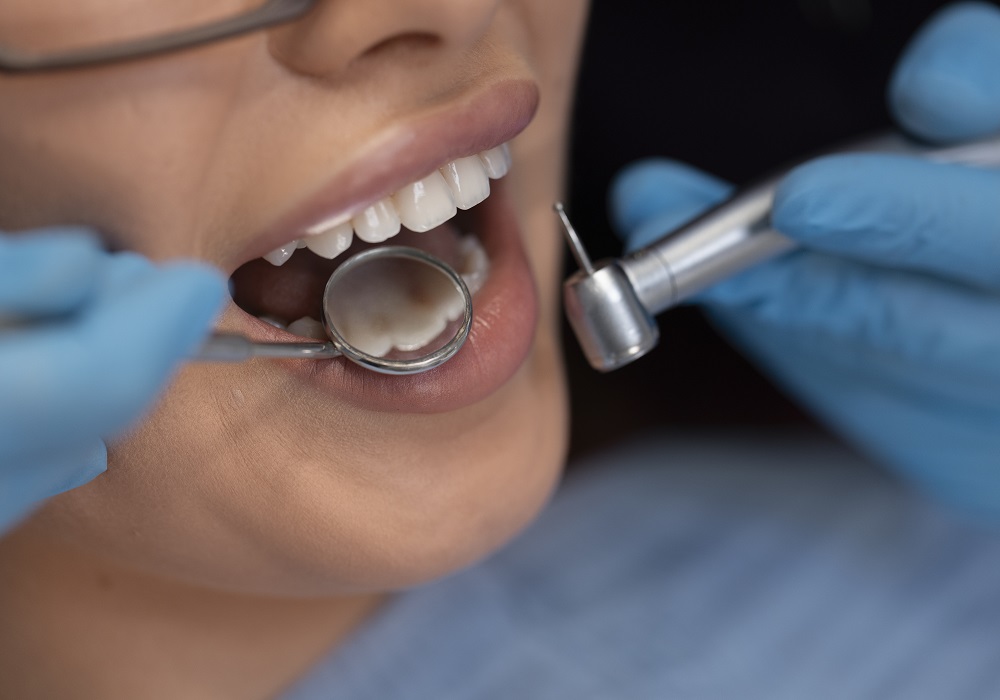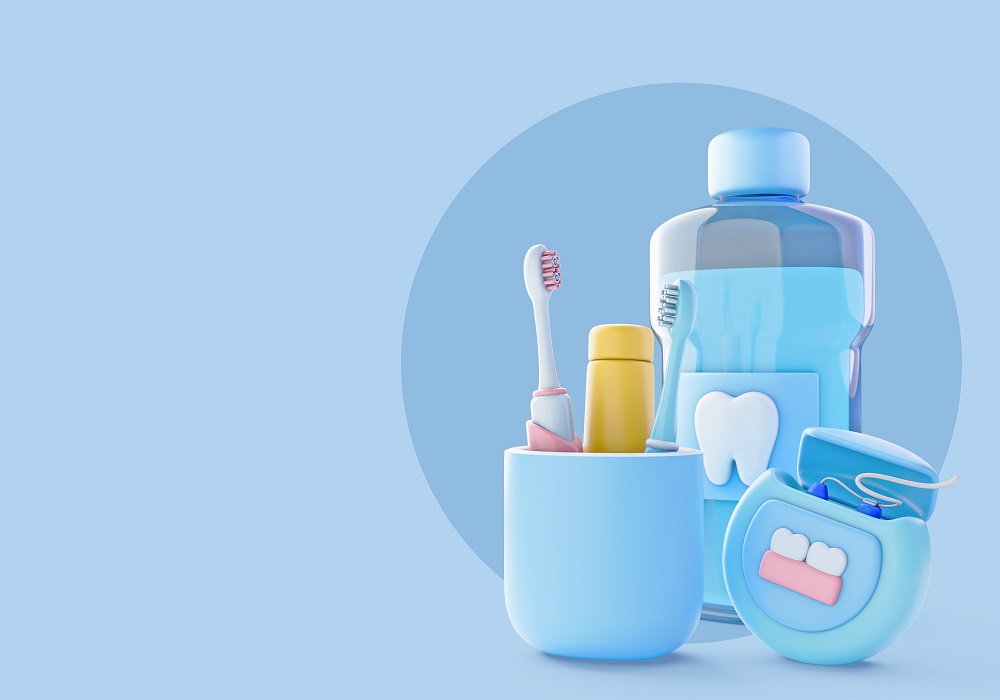Do you have sudden tooth discomfort and are you unsure of its potential cause? Quite literally, toothaches can be excruciatingly painful. Simple daily tasks like eating or even chatting can become intolerable for them. But relax, you're not by yourself! Many people at some point in their life have acute tooth pain for a variety of causes. This blog post will examine the typical causes of unexpected toothaches and offer advice on how to avoid them altogether. So hold on tight and keep reading—relief is coming soon!
What Causes Sudden Tooth Pain?
Sudden tooth pain can be a real nuisance, but it's often a symptom of an underlying issue. There are many factors that can cause sudden tooth pain, ranging from mild to severe. Here are some common culprits:
- Tooth decay: As germs build up on teeth and gums, acid is produced that gradually erodes enamel. Tooth decay is a condition that leads to cavities or even infections.
- Gingivitis and periodontitis are other names for gum disease, which develops when the gums around your teeth become infected and inflamed.
- Dental abscesses: Bacterial infections can cause pus-filled pockets to develop at the roots of your teeth or in the space between your gum and tooth. They need quick dental care since they are excruciatingly painful.
- Clenching or grinding your teeth on a frequent basis is detrimental to your oral health as well as your general health. Along with jaw pain, it erodes enamel and raises sensitivity concerns.
- Cracked Teeth: Teeth that have been weakened due to previous fillings or injuries may crack suddenly under pressure which leads to sharp pains.
- Wisdom teeth that have been impacted might cause pain and irritation because they lack enough space to erupt normally.
- The upper teeth may occasionally experience referred pain from sinus infections, which can be uncomfortable.
- TMJ disorder: Problems with the jaw joint can result in discomfort in the teeth, jaw, and surrounding tissues.
- New tooth emergence: In youngsters, the emergence of new teeth through the gums can cause momentary discomfort and sensitivity.
It's important not to ignore sudden toothaches - they could indicate more serious problems than mere discomfort!
If you experience sudden tooth pain, it's essential to take the following steps
- It's critical to take the following actions if you encounter sudden tooth pain:
- Practise good dental hygiene by gently brushing and flossing the area.
- Warm saltwater rinses can assist to clear the mouth and relieve inflammation.
- Avoid high temperatures: Cold or extremely hot foods and beverages may cause sensitivity.
- Use over-the-counter pain remedies: You can use over-the-counter pain medicines to temporarily reduce discomfort by taking them according to the suggested dosage.
- A dental appointment should be made: To identify the source of the discomfort and receive the proper care, it's imperative to schedule an appointment with a dentist as soon as possible.
FAQ
One sign that an infection has reached the pulp of your tooth is extreme, throbbing pain. There are several conditions that might be indicated by sensitivity to heat and cold, including cavities, cracks, or gum disease. If the discomfort disappears rapidly, you may have worn enamel.
Ibuprofen, naproxen, and aspirin are over-the-counter NSAID pain relievers often used to treat toothache pain. Acetaminophen can also help, but it doesn't lower inflammation.



 Dental Checkup Services
Dental Checkup Services
 Our range of products
Our range of products
 Oral Care Blogs
Oral Care Blogs

Recent Comments